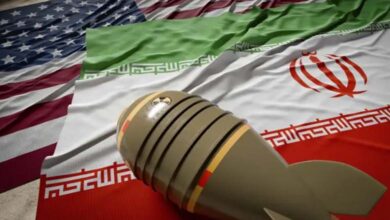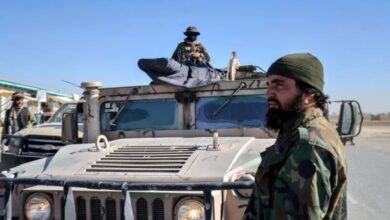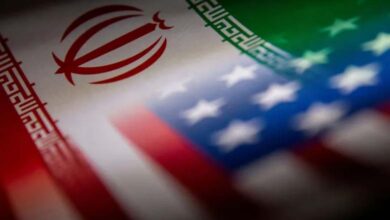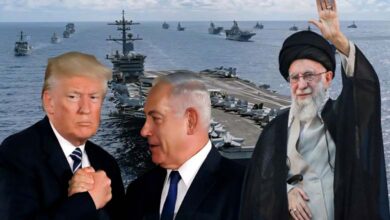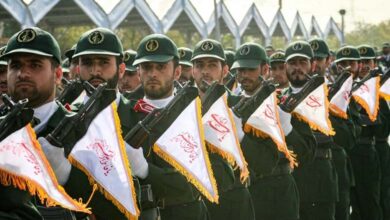International meeting on Afghanistan in Doha in the absence of Taliban authorities… this is what was discussed
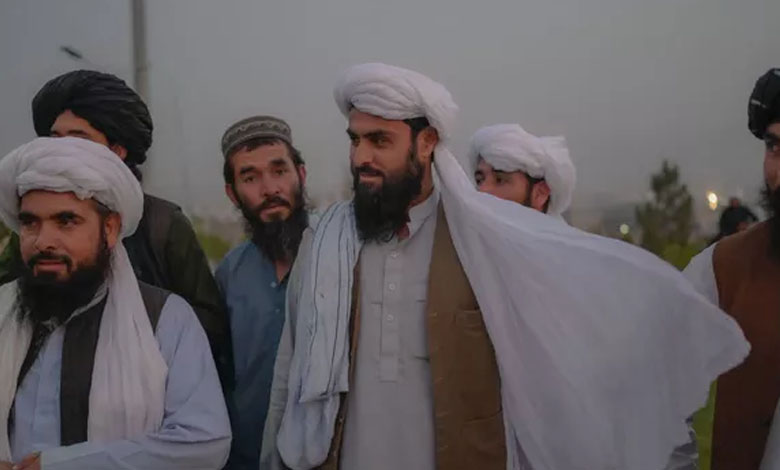
UN Secretary-General Antonio Guterres held talks Monday evening with representatives of 23 countries and organizations on how to deal with Afghanistan’s rulers and press them to lift their ban on women and girls’ education. No representative of the Taliban authorities was invited to the talks.
Delegates from the United States, China, and Russia, as well as European and Arab countries such as the UAE and Saudi Arabia, and countries neighboring Afghanistan such as Pakistan and Iran, are participating in the meeting, said Guterres’ spokesman Stephane Dujarric.
“While Afghan rights groups have expressed fears that the issue of recognizing the Taliban government could be discussed, the UN and the US have stressed that the issue is not on the agenda of the Doha meeting.”
“The issue of (recognizing the Taliban government) will not be discussed at this meeting,” Dujarric said as he announced the talks at a press conference at the United Nations headquarters in New York.
The aim of the talks is “to reach common points on key issues, such as human rights, especially for women and girls, including inclusive governance and the fight against terrorism and drug trafficking,” he said.
“Guterres wants to reach a common understanding with the international community on how to deal with the Taliban on these issues,” he said.
“Any kind of recognition of the Taliban is not on the table at all,” State Department spokesman Vedent Patel said earlier.
Since the Taliban returned to power after the withdrawal of US forces from Afghanistan in 2021, no country has yet recognized the government’s legitimacy. The former Taliban government, which ruled the country from 1996 to 2001, only received official recognition from Pakistan, the UAE, and Saudi Arabia.
Human rights organizations were alarmed by a statement made by the United Nations Deputy Secretary-General, Amina Mohammed, during a meeting at Princeton University on April 17th, in which she indicated that discussions might take place and that “small steps” would be taken towards a possible “preliminary recognition” of the Taliban through setting preconditions for it.
However, the UN confirmed that Amina Mohammed’s words were misunderstood and that the decision to recognize the Taliban was made exclusively by the member states of the General Assembly.
Since the Taliban’s return to power, the movement has reinstated its strict interpretation of Islamic law, which the UN says is based on “sex discrimination.”
“The Taliban government has banned women from attending secondary schools and universities, and banned them from working in government institutions, UN agencies and NGOs.”
Amid divisions over several key issues, the 15-member UN Security Council unanimously adopted a resolution condemning the Afghan government’s decision on women, calling on the movement to “swiftly reverse” policies and practices that restrict basic freedoms for women and girls.
The Afghan foreign ministry called the ban “an internal social affair of Afghanistan”.






